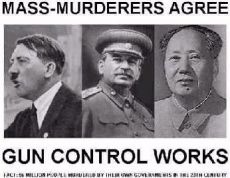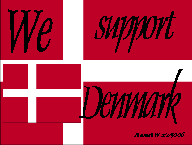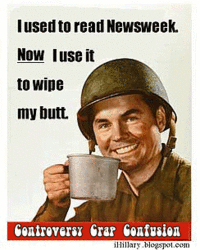Stossel on the Minimum Wage
Tuesday, July 17, 2012
Of late, I have found John Stossel to be one of the finest voices for what we SHOULD be doing and talking about in this country. In fact, I will probably write his name in for POTUS. He is consistent, conservative, and always on the mark. He also presents the opposing view thoroughly before he proves it wrong.
He recently posted an amazing piece about the minimum wage in Australia, supposedly proof that minimum wage laws are good and don't exacerbate unemployment. His entire post is pasted here due to its brevity - and also because I don't know how long he keeps stuff up on his page. Please do also link over so that he gets a good read on the post's readership.
The Australian Minimum Wage MythAs always, John is SPOT ON. 'Nuff said.
Posted by John Stossel
July 13, 2012
A few weeks ago, the Australian government raised minimum wage to A$15 an hour (about $15.30 USD). It's more than double the federal minimum wage in the United States.
Statists say that Australia is proof that minimum wage laws help workers. They point to Australia's 5.1% unemployment rate. On my last show, Steven Greenhouse, the author of "The Big Squeeze: Tough Times for the American Worker" said "the economy of Australia probably, right now, is doing better than the economy of the United States."
But statists ignore the details.
Most people who earn minimum wage are young, unskilled workers. How are they doing in Australia?
In June, Australia's unemployment rate for workers age 15 to 19 was 16.5%.
Last December, 63% of all jobs lost were jobs for young, unskilled Australians.
It's simple: when the price of something goes up, people buy less. So when the price of labor goes up, employers hire less.
When the Wall Street Journal reported the minimum wage increase in Australia, it called the law "a victory for unions." But that seems strange because union workers normally make more than minimum wage.
But it is a victory for unions because union bosses know that raising the minimum wage reduces competition from unskilled labor. Union support for minimum wage laws is entirely self-serving.
The unseen consequences of minimum wage laws are the millions of poor, disadvantaged people who don't have job opportunities. In the United States, it hurts poor people and inner-city minorities. In Australia, it hurts young workers.
Australia is an example of how minimum wage helps some groups, and hurts others. Even in a good economy, the young, inexperienced workers are left out.
(Read more at Stossel's page.)
RWR








































